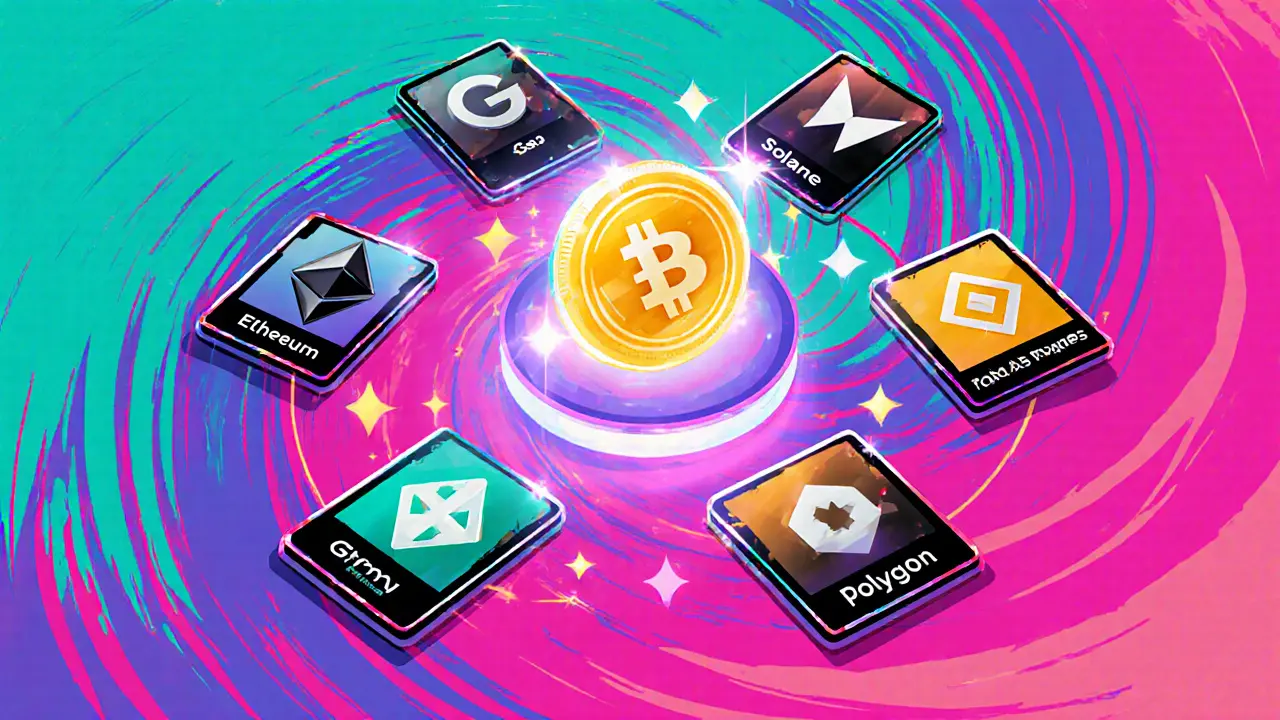GameFi: The Fusion of Gaming and Decentralized Finance
When working with GameFi, the blend of gaming and decentralized finance that lets players earn real crypto while they play. Also known as play‑to‑earn, it creates economies where in‑game assets are tokenized and tradable on open markets. This environment relies heavily on NFTs, non‑fungible tokens that certify ownership of unique digital items such as skins, characters, or virtual land. Another cornerstone is tokenomics, the design of token supply, distribution, and incentive mechanisms that keep a GameFi ecosystem sustainable. Finally, blockchain gaming, games built on public ledgers that enable trustless interactions and real‑time value transfer, ties everything together. In short, GameFi combines interactive entertainment, financial rewards, and verifiable ownership into a single, borderless playground.
How GameFi Works: Core Mechanics and Player Incentives
The engine behind most GameFi projects is a set of smart contracts that manage three main functions: (1) reward distribution, where players earn native tokens or NFTs for completing quests, (2) liquidity provision, allowing users to stake tokens in pools that fund in‑game economies, and (3) governance, letting token holders vote on updates or new features. Reward distribution requires solid tokenomics because overly generous payouts can drain treasury funds, while too stingy rewards fail to attract players. Liquidity provision benefits from decentralized exchanges that offer low slippage, which is why many GameFi titles integrate with DEXs like Uniswap or PancakeSwap. Governance relies on community participation, turning gamers into stakeholders who shape the game's future. Together, these layers form a feedback loop: earned tokens can be reinvested to boost liquidity, which in turn raises the value of in‑game assets, encouraging more play and higher token demand.
Security and usability are equally important. Players need wallet solutions that support both gaming NFTs and DeFi tokens without compromising speed. That's where GameFi platforms partner with wallet providers offering one‑click connections and hardware‑level protection. On the risk side, poorly audited smart contracts can expose users to exploits, so reputable projects publish audit reports and bounty programs. Transparency around token supply, vesting schedules, and fee structures also builds trust, especially for investors eyeing long‑term returns.
Below you’ll find a curated list of articles that dive deeper into each of these aspects. Whether you’re hunting the next airdrop, comparing exchange fees for swapping GameFi tokens, or learning how to design sustainable tokenomics, the posts cover practical guides, detailed reviews, and up‑to‑date market analysis. Browse the collection to get actionable insights, discover vetted projects, and stay ahead of the rapidly evolving GameFi landscape.
GMPD Airdrop Details: How to Join GamesPad’s Latest NFT Giveaway
Discover everything about the upcoming GMPD airdrop by GamesPad: eligibility tiers, claim steps, rewards, risks, and a quick NFT vs token comparison.
